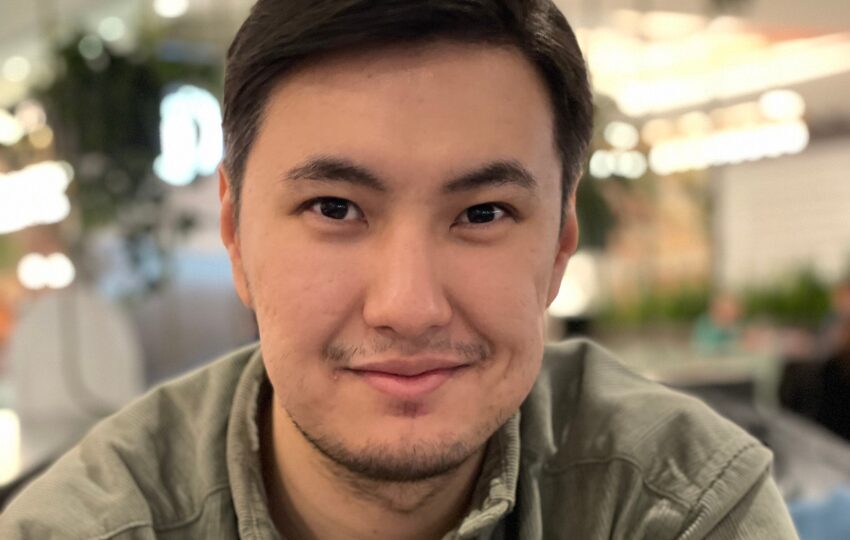
Nariman Amantayev’s view of autism has changed since he began his doctoral studies at McGill’s School of Communication Sciences and Disorders in 2021.
A member of the Psychology of Pragmatics (POP) Lab, Amantayev is focusing on the executive brain functions of autistic and neurotypical adolescents. He learns something new every day, but he says what surprised him most was discovering how many misconceptions about autism there are in Russia, where he earned a bachelor’s degree in social work, and Kazakhstan, where he did his master’s degree in multilingual education.
“In Canada, discussions focus on inclusion, support systems and improving the quality of life of autistic individuals,” said Amantayev. “Much of the struggle autistic people face is not due to autism itself, but from living in a world that is not designed with neurodivergent people in mind.
“Meanwhile, in post-Soviet countries it’s still in its early stages; awareness itself remains a major issue, even in academic and medical circles. Some believe autism doesn’t exist, while others believe it’s caused by vaccines, gadgets or other modern influences; it’s conceptualized as something that’s meant to be fixed,” he said.
As a result, Amantayev has taken it upon himself to debunk harmful myths, challenge outdated policies and shape public discourse on autism in his home region. Over the past three years, he has amassed nearly 25,000 Instagram followers and been featured in major media publications. Now, he is part of an effort to establish a school in Kazakhstan for autistic children.
“Misconceptions about autism affect the quality of life of autistic individuals,” said Amantayev. “I am dedicated to challenging these myths and translating knowledge to bridge the gap.”
Fighting fake news
Amantayev grew up in Kazakhstan and speaks Russian, English and Kazakh. He enrolled at McGill to study under professors Aparna Nadig and Karsten Steinhauer, who serve as his academic supervisors.
“I have access to research, resources and all this perspective that many in my home region simply don’t have,” he said.
One year into his doctoral program, Amantayev began posting about his studies on Instagram, Threads and Telegram. He posts in Russian, promoting inclusivity and sharing peer-reviewed research.
“I’m fortunate to study at one of the best universities, learning from leading experts in my field,” said Amantayev. “We are scientists; we’re doing this so other people can benefit from it.”
Amantayev estimates his followers are largely parents of autistic children and professionals working with neurodivergent people, and most are supportive of his efforts. Although he has encountered cyberbullying and has been the target of harassment, “every day I receive messages from parents who are positively impacted by my work, and that makes me really happy.”

A paradigm shift
Amantayev’s efforts have landed him on Forbes Kazakhstan’s 30 Under 30 list, as well as radio and television interviews. His post about visiting Giant Steps, a Montreal school supporting autistic learners, was so inspiring a group of parents have set out to create a similar school in Ekibastuz, a city in northeastern Kazakhstan.
“It resonated with people; they said, ‘this is something we need,’” said Amantayev. “I’ve met with city administrators and volunteered to train their staff to ensure it follows best practices.”
“Nariman has brought paradigm-shifting ideas about autism to the general public in Central Asia and the Russian-speaking world,” said Nadig, his primary doctoral supervisor. “[His] work will continue to have an important impact on people on the autism spectrum and their families.”
Amantayev hasn’t yet decided what’s next after he completes his doctorate, but said he would like to continue supporting neurodivergent people. He’s considering writing a series of books for professionals working with autistic people and for parents of autistic children, and publishing them in multiple languages, including Russian and Kazakh.
“I want to share evidence-based information in an accessible way,” he said. “If knowledge stays locked in academic journals, it will never create real change.”
